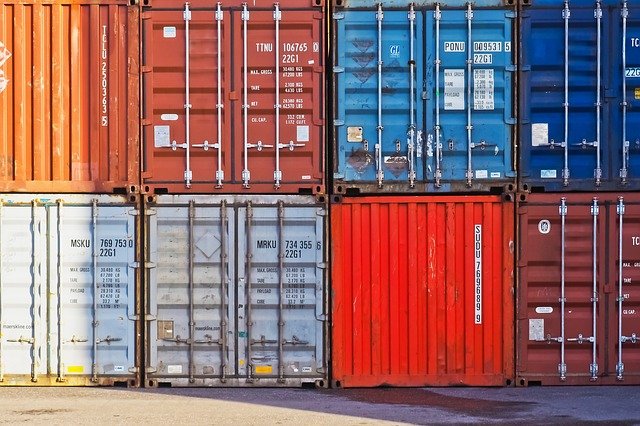
-
The Anti-Red Tape Authority’s (ARTA) draft joint memorandum circular (JMC) seeks to onboard government trade watchdogs to TradeNet before second week of April
-
The JMC is in accordance with Ease of Doing Business and Anti-Red Tape Advisory Council Resolution No. 12 mandating the onboarding of 73 trade regulatory government agencies involved in issuing licenses, permits, clearances, and certifications for movement (import-export-transit) of cargo
-
TradeNet is the government’s online platform for processing applications for import and export permits
The Anti-Red Tape Authority (ARTA) has drafted a joint memorandum circular (JMC) that seeks to onboard trade regulatory government agencies (TRGAs) to TradeNet on or before the second week of April.
ARTA said the JMC is in accordance with Ease of Doing Business and Anti-Red Tape Advisory (EODB-ARTA) Council Resolution No. 12.
The resolution, approved last December 2020, mandates onboarding to the TradeNet on or before the second week of April the 73 trade regulatory government agencies involved in issuing licenses, permits, clearances, and certifications for movement (import-export-transit) of cargo.
The draft JMC was presented in a recent virtual meeting that was headed by Trade Secretary Ramon Lopez and ARTA Director-General Jeremiah Belgica, who are EODB-ARTA Council chair and vice chair, respectively.
Among the Bureau of Customs’ (BOC) priorities this year is to encourage an additional 15 trade regulatory government agencies to join the National Single Window (NSW).
Department of Finance (DOF) undersecretary Gil Beltran earlier said ARTA would be included in the NSW Steering Committee to fast track the streamlining of the processes of the various TRGAs involved in TradeNet.
In November last year Angelica Sarmiento, head of the DOF Central Management Information Office, said two trade regulatory agencies have already joined the system, and two more would do the same by end-2020. Other trade regulatory agencies are expected to join this year.
READ: More agencies to join TradeNet in 2021
TradeNet is the government’s online platform for processing applications for import and export permits. Serving as the country’s national NSW, the platform is required when connecting to the Association of Southeast Asian Nations (ASEAN) Single Window (ASW), a regional initiative to speed up cargo clearance and promote regional economic integration by enabling the electronic exchange of border documents among the 10 ASEAN member states.
TradeNet is set to replace NSW Phase 1, currently operated by BOC and launched in 2010 then deployed in 2011. In 2017, the NSW Steering Committee issued a resolution to adopt TradeNet as the new NSW instead.
BOC Management Information System and Technology Group (MISTG)-Technical Management Service officer-in-charge Jonathan Soriano earlier said TradeNet can be currently used to issue the Philippine Drug Enforcement Agency’s permit for “non-mix chemicals” and to issue the electronic certificate of origin (e-CO) under the ASEAN Trade in Goods Agreement (ATIGA).
The Philippines finally joined live operations of the ASW on December 30, 2019, exchanging ATIGA electronic Form D (e-CO) with Indonesia and Malaysia. DOF said that since January 2020, live exchanges of e-COs among the Philippines and nine other ASEAN members via the ASW have averaged 8,712 transactions per month.
Soriano said ASEAN member states will discuss this year the exchange of sanitary and phytosanitary certificates through the ASW.
To apply for permits from TRGAs still not on board TradeNet, traders can still use the NSW Phase 1, which remains operational.
TradeNet aims to simplify import and export documentary processes covering an initial 7,400 regulated products.
The goal is for all TRGAs across 18 government departments to be fully interconnected via TradeNet. – Roumina Pablo




